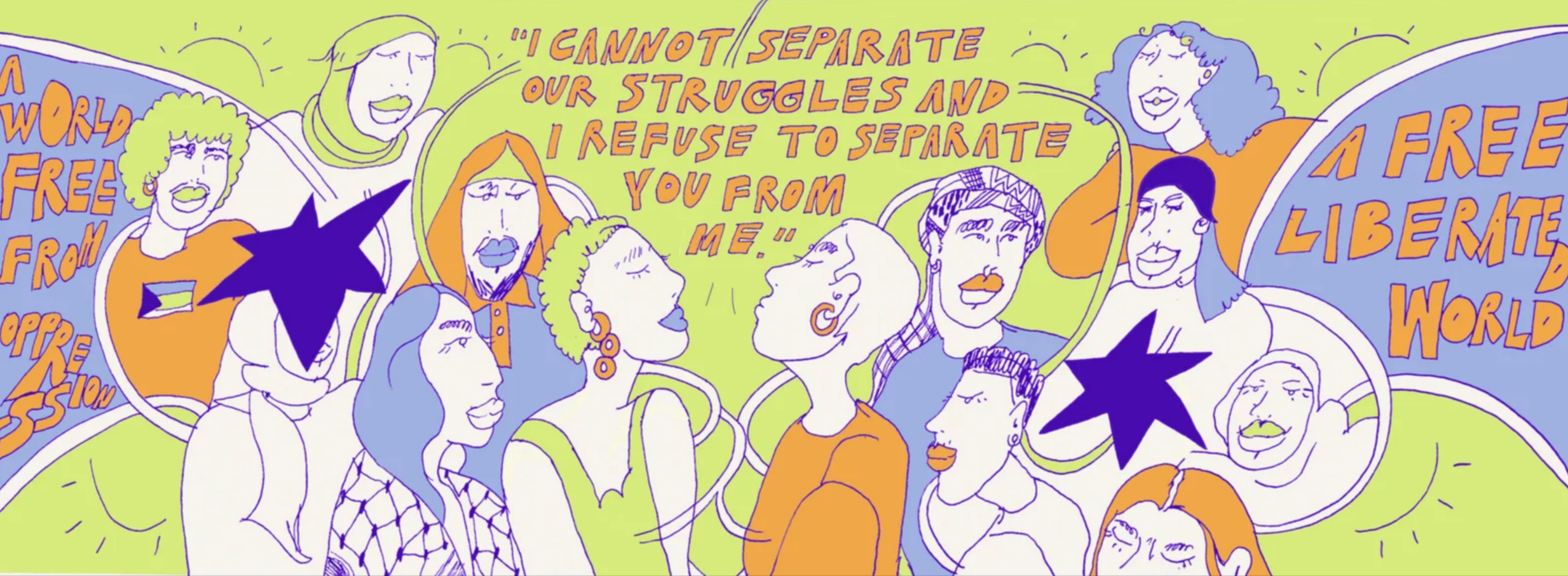Validating Feelings, Not Entitlement: An Abolitionist Lens
I often tell clients, friends and people who ask about my job that a huge part of what I do during sessions is validating feelings. Folks justifiably want to feel like what they are experiencing and feeling makes sense and it is okay to have their emotional response. Most of the time this is true and I am happy to remind people that the way they are feeling makes sense. Recently, I’ve been feeling like sometimes we believe we are entitled to certain outcomes or actions based on our emotions. What does this mean in the context of harm, repair, and abolition?
Sometimes, I notice that feelings of disgust and anger in response to harm makes punishment and vengeance sound pretty appealing. Feeling horrified and enraged about the harm someone experienced is normal, good and protective. Those feelings keep me from reproducing that hurt to others, and help me identify violence as well. I can empathize with survivors of harm and be reminded of the responsibility we all have to each other. But I don’t get to use these feelings as justification for punishment or inhumane treatment of people who engage in harm. Just because I feel disgusted and angry doesn’t mean people deserve to die of heat strokes in prisons or experience similar types of violence during incarceration.
As challenging as it may feel to believe sometimes, someone else’s suffering does not improve my life or make the world a safer place. Sometimes I still have to ask myself the uncomfortable questions of: “Why do I want to make that person hurt? What do I believe that will do for me?” For me, the answer is usually about soothing some gross desire to punish because that’s what I’m used to experiencing when I make a mistake.
We are bound to have strong feelings when we learn about harm. My feelings may likely be fucked up and weird and uncomfortable and absolutely deserve to be processed and felt. However, they can’t be the only guiding force in my political compass. My feelings don’t get to determine the fate of someone else’s life.
Maybe this sounds invalidating at first, but I eventually found some freedom in this conclusion. This allows me to have feelings that aren’t necessarily politically correct or “unproblematic” without feeling guilty or shameful. I can acknowledge that feeling vengeful and retaliatory is normal and okay, and those feelings can be separate from what I believe is right and just. I may privately think or talk about those feelings in my own circles but I ultimately don’t have to be guided by feelings of retribution by harming those who have harmed me. This lets me think a little bit more freely, openly, and honestly.


